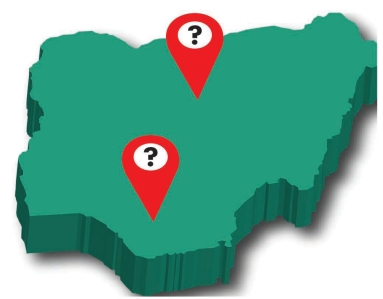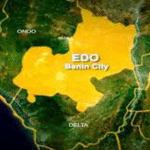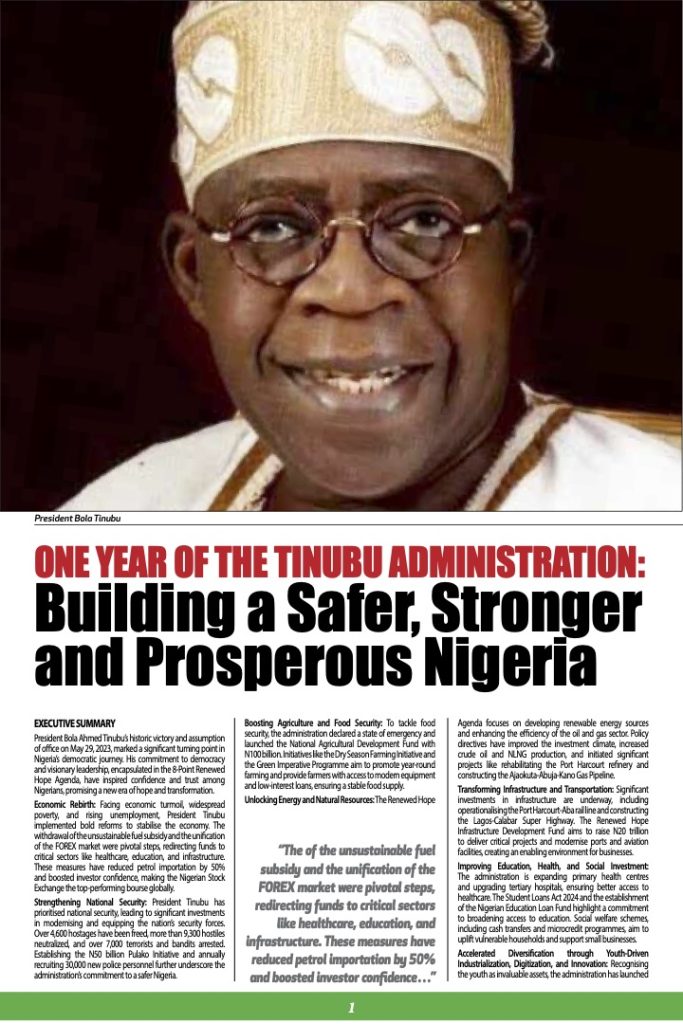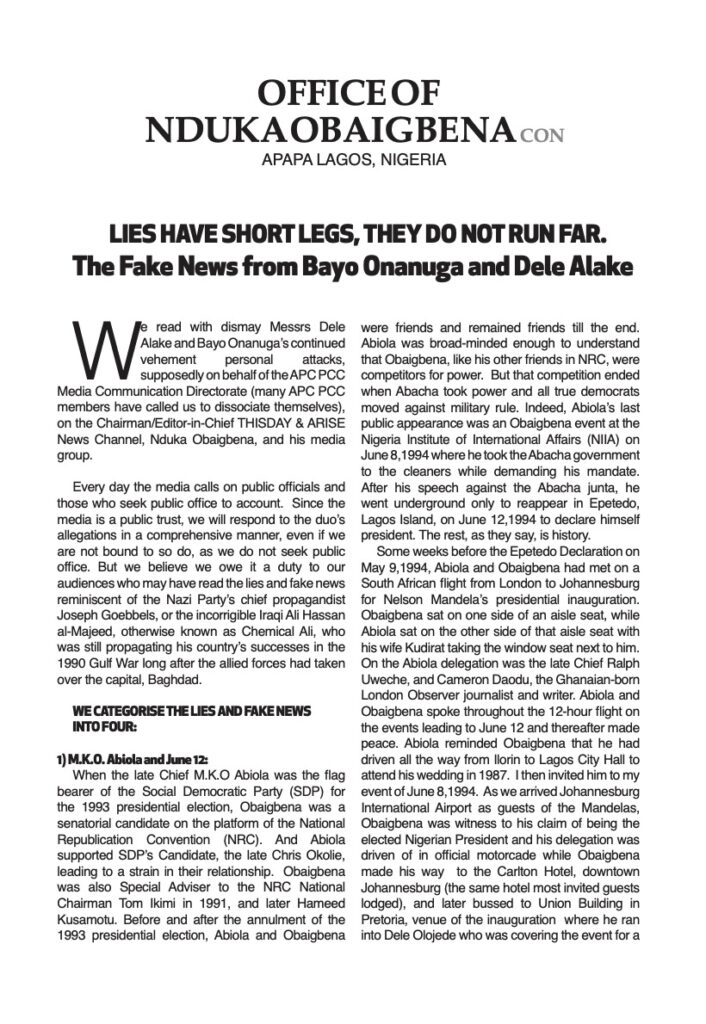Latest Headlines
THE DEMAND FOR NEW STATES

The agitation for more states is unrealistic
A bill seeking for the creation of Tiga State from the present Kano State was recently introduced in the Senate. Sponsored by Kawu Sumaila, representing Kano south, the bill seeks to alter the constitution to create the new state from Kano that has 44 local governments without specifying how the state would be partitioned. A few weeks earlier in June, another Senator, Ned Nwoko, representing Delta north, said he would sponsor a constitutional bill to create ‘Anioma’, a new state from Delta State to add to the South-est geo-political zone that currently has five states. “The disparity results in an imbalance of representation and resources, with the Southeast having only 15 lawmakers compared to the 18 lawmakers of other zones in the senate,” argued Nwoko who represents Delta North in the Senate.
Demand for creation of states is as old as Nigeria itself. It all began with the amalgamation of the Southern and Northern protectorates in 1914 and the division of the country into three huge regions of North, East and West. The country moved from three regions to four in 1963 when the Mid-West was created. But even that did not completely douse the fire of agitation as the ethnic minorities in both the North and the South continued to allege domination and oppression. And so, the country became mired in a revolving game of states creation and agitation, moving from 12 states (under General Yakubu Gowon) in 1967 to 30 states in 1990 (under General Ibrahim Babangida) before the current 36 states structure created in 1996 by the late General Sani Abacha.
Instructively, apart from the Midwest created in the First Republic, no other civilian administration since then has been able to create a single new state. However, because all previous state creations were done by some kind of military fiat, sometimes as a means of dispensing favour to members of the political elite, serious attention was not paid to the critical requirements and conditions for such exercise. Issues like sustainable internally generated revenue, cultural affinity of the peoples, availability of the needed manpower and entrepreneurship were ignored. Today, many of the states have become economically unviable depending solely on allocations from the federation account to stay afloat.
We note that those who promote creation of new states argue on the need to ensure equity and justice, coupled with the claim that it brings about more democratisation as it takes government closer to the people. But recent experience has shown that this is not usually the case, as it seems that the more states are created the farther government is from the people. And the several communal wars over land by people of same ethnic groups defeat the argument of cultural affinity. The questions that remain unanswered include, has the creation of more states allayed the fears of minorities and the feelings of marginalisation and domination? Has it resulted in good governance and speedier development at state levels? At a period when the global conversation is about reducing the cost of governance and the nation is creaking under the yoke of unwieldy size of government at all levels, can we afford to create what would be no more than new cost centres?
It is obvious that the National Assembly is indulging itself in a needless time and money wasting exercise. The senators must be bold enough to tell agitators and sponsors of new states the bitter truth that given the mood of the nation and prevailing economic realities, they should perish such ideas. It smacks of self-deceit for the National Assembly to be encouraging agitation for more states when it is very clear that the demands are unrealistic and would not fly.

















